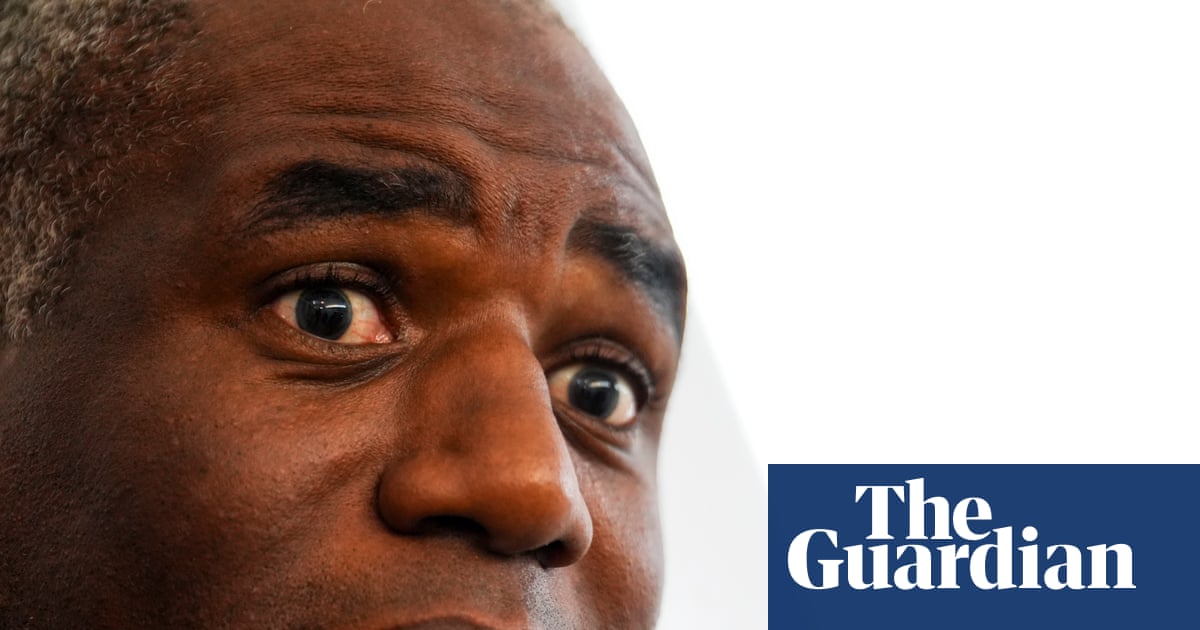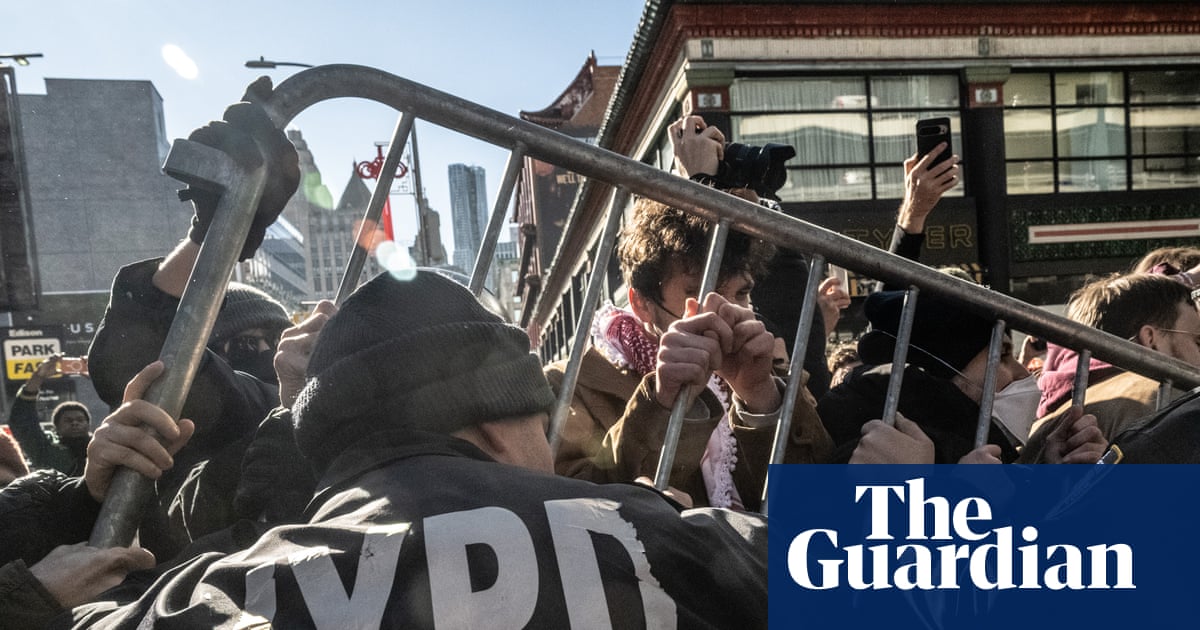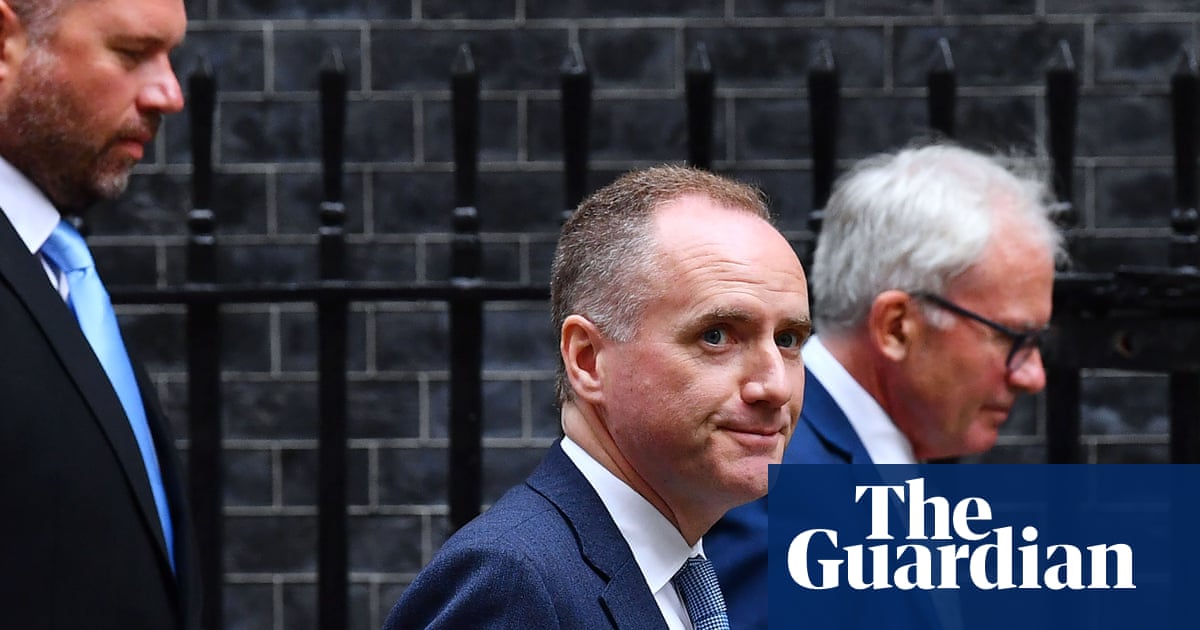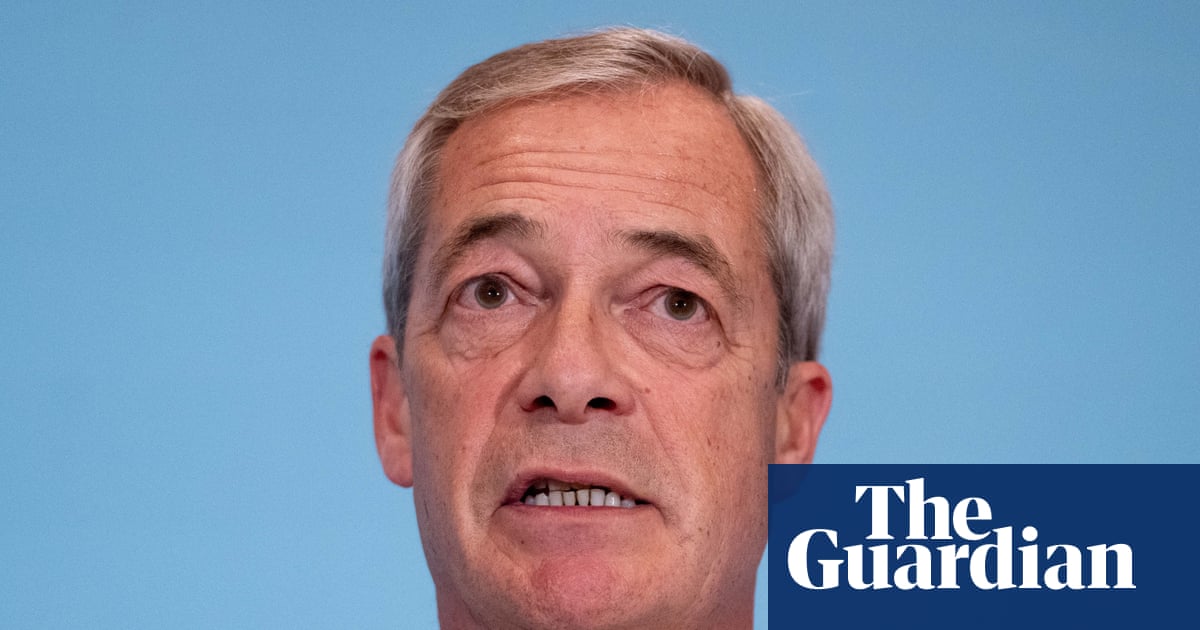Donald Trump suffered the biggest defeat yet to his tariff policies on Friday, as a federal appeals court ruled he had overstepped his presidential powers when he enacted punitive financial measures against almost every country in the world.
In a 7-4 ruling, the Washington DC court said that while US law “bestows significant authority on the president to undertake a number of actions in response to a declared national emergency”, none of those actions allow for the imposition of tariffs or taxes.
It means the ultimate ruling on the legality of Trump’s tariffs, which were famously based on spurious economic science and rocked the global economy when he announced them in April, will probably be made by the US supreme court.
Here’s what to know.
Which tariffs did the court knock down?
The decision centers on the tariffs Trump introduced on 2 April, on what he called “liberation day”. The tariffs set a 10% baseline on virtually all of the US’s trading partners and so-called “reciprocal” tariffs on countries he argued have unfairly treated the US. Lesotho, a country of 2.3 million people in southern Africa, was hit with a 50% tariff, while Trump also announced a tariff of 10% on a group of uninhabited islands populated by penguins.
The ruling voided all those tariffs, the judges finding the president’s measures “are unbounded in scope, amount and duration”. They said the tariffs “assert an expansive authority that is beyond the express limitations” of the law his administration used to pass them.
Tariffs typically need to be approved by Congress, but Trump claimed he has the right to impose tariffs on trading partners under the International Emergency Economic Powers Act (IEEPA), which in some circumstances grants the president authority to regulate or prohibit international transactions during a national emergency.
The court ruled: “It seems unlikely that Congress intended, in enacting IEEPA, to depart from its past practice and grant the president unlimited authority to impose tariffs.”
Trump invoked the same law in February to impose tariffs on Canada, Mexico and China, claiming that the flow of undocumented immigrants and drugs across the US border amounted to a national emergency, and that the three countries needed to do more to stop it.
Are the tariffs gone now?
No. The court largely upheld a May decision by a federal trade court in New York which ruled Trump’s tariffs were illegal. But Friday’s ruling tossed out a part of that ruling which would strike down the tariffs immediately.
The court said the ruling would not take effect until 14 October. That allows the Trump administration time to appeal to the majority-conservative US supreme court, which will have the ultimate say on whether Trump has the legal right, as president, to upend US trade policy.
What does this mean for Trump’s trade agenda?
The government has argued that if Trump’s tariffs are struck down, it might have to refund some of the import taxes that it has collected, which would deliver a financial blow to the US treasury.
Revenue from tariffs totaled $159bn by July, more than double what it was at the same point last year. The justice department warned in a legal filing this month that revoking the tariffs could mean “financial ruin” for the United States.
The ruling could also put Trump on shaky ground in trying to impose tariffs going forward. The president does have alternative laws for imposing import tariffs, but they would limit the speed and severity with which he could act.
In its decision in May, the trade court said that Trump has more limited power to impose tariffs to address trade deficits under another statute, the Trade Act of 1974. But that law restricts tariffs to 15% and to just 150 days on countries with which the United States runs big trade deficits.
How has Trump responded
He’s not happy. Trump spent Friday evening reposting dozens of social media posts which were critical of the court’s decision. In a post on his own social media site, Trump claimed, as he tends to do when judges rule against him, that the decision was made by a “highly partisan appeals court”.
“If these Tariffs ever went away, it would be a total disaster for the Country,” Trump wrote. He added: “If allowed to stand, this Decision would literally destroy the United States of America.”
Trump claimed “tariffs are the best tool to help our workers”, despite their costs being typically borne by everyday Americans. The tariffs have triggered economic and political uncertainty across the world and stoked fears of rising inflation.

.png) 3 months ago
25
3 months ago
25

















































